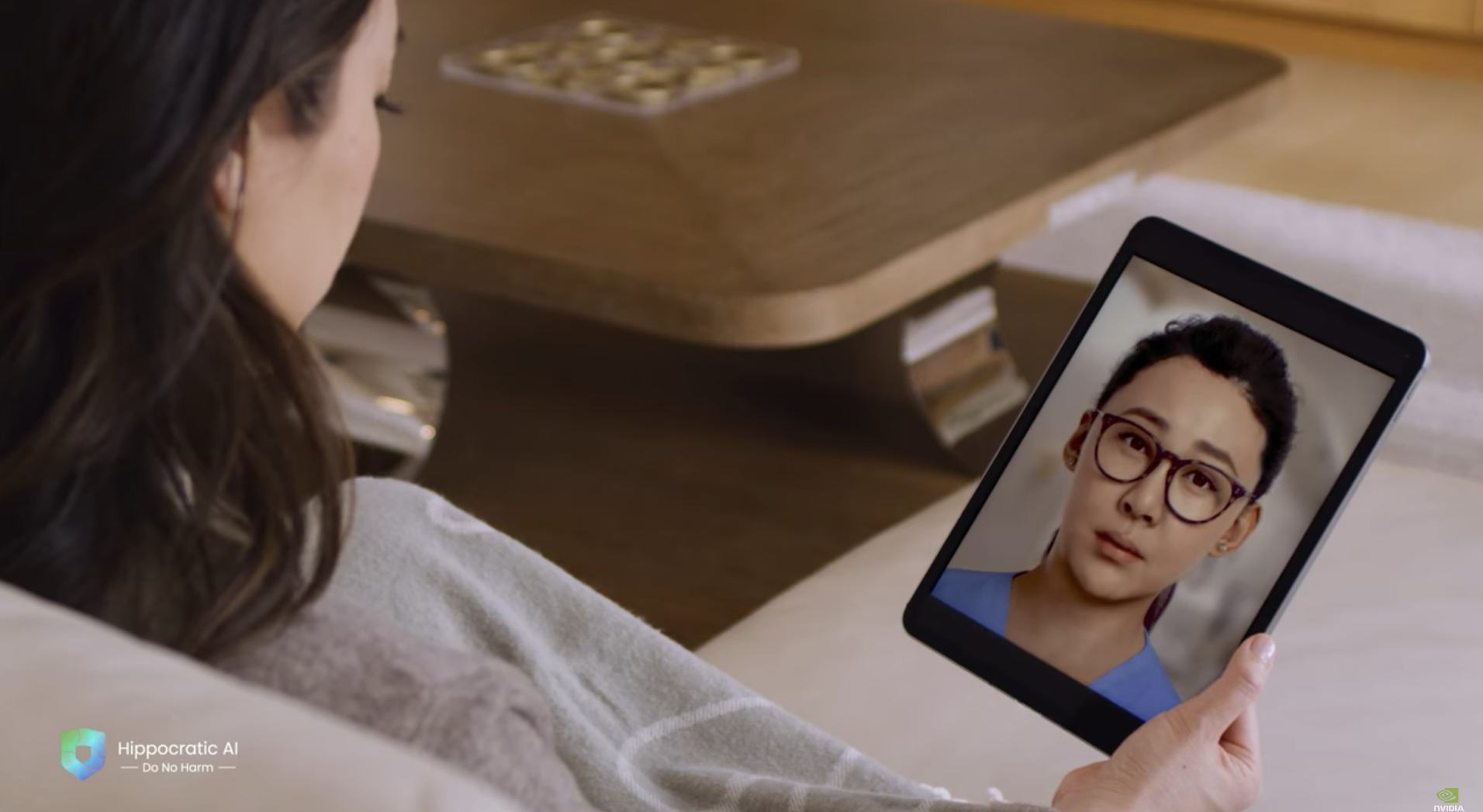Hundreds of union nurses held a demonstration in front of Kaiser Permanente in San Francisco on Monday morning protesting the use of AI in healthcare, as hospitals and researchers become increasingly enthusiastic about integrating AI into patient care.
“It is deeply troubling to see Kaiser promote itself as a leader in AI in healthcare, when we know their use of these technologies comes at the expense of patient care, all in service of boosting profits,” Michelle Gutierrez Vo, a co-president of the California Nurses Association (CNA), said in a statement at the time. “We demand that workers and unions be involved at every step of the development of data-driven technologies and be empowered to decide whether and how AI is deployed in the workplace.”
National Nurses United, the CNA’s parent union, has repeatedly warned about AI being used for a variety of applications in healthcare, which range from patient monitoring to nurse scheduling to automated patient charting and using predictive algorithms on patient outcomes and diagnoses. The union wrote in a blog post that using AI for monitoring patients and flagging potential changes in their state would force nurses to respond to “excessive, if not faulty, alerts” while overlooking patients whose conditions are at risk of getting worse.
“Life-and-death decisions relating to patient acuity, treatment decisions, and staffing levels cannot be made without the assessment skills and critical thinking of registered nurses,” the union wrote in the post. “For example, tell-tale signs of a patient’s condition, such as the smell of a patient’s breath and their skin tone, affect, or demeanor, are often not detected by AI and algorithms.”
“Nurses are not against scientific or technological advancement, but we will not accept algorithms replacing the expertise, experience, holistic, and hands-on approach we bring to patient care,” they added.
There is certainly a role for AI and new analytical technologies in improving healthcare. It could, for example, help mitigate medical burnout and staffing shortages. But that’s not the concern here. The introduction of AI, the nurses say, will most likely be used to decrease reliance on human nurses by automating much of their work, which in turn suggests that more patients would be assigned to each nurse. That would, in theory, both increase pressure on nurses and decrease the quality of care on all fronts.
Last year, in a statement to the U.S. Senate, the executive director of National Nurses United said that AI was “negatively impacting nursing practice and limiting the use of nurses’ professional judgment,” which was “putting patients and nurses at risk.”
The nurses protested outside Kaiser Permanente, which uses an “Advance Alert” AI monitoring system to automatically analyze patient data every hour. Kaiser Permanente wrote in a blog post that the system was estimated to save 500 lives per year. The healthcare magnate also hosted a conference this week, which was slated to cover AI and advanced analytics.
“Kaiser Permanente is empowering nurses with state-of-the-art tools and technologies that support our mission of providing high-quality, affordable health care to best meet our members’ and patients’ needs,” a Kaiser Permanente spokesperson wrote in an emailed statement. “At Kaiser Permanente, AI tools don’t make medical decisions, our physicians and care teams are always at the center of decision making with our patients. We believe that AI may be able to help our physicians and employees, and enhance our members’ experience. As an organization dedicated to inclusiveness and health equity, we ensure the results from AI tools are correct and unbiased; AI does not replace human assessment.”
Kaiser Permanente is not the only company promoting AI healthcare. Last month, NVidia announced a series of AI healthcare microservices including HippocraticAI, a company providing “always available, real-time generative AI healthcare agents” whose motto is “Do No Harm.” The model was rated by human nurses as having a 0.04 percent chance to do “severe harm” to patients, and by human physicians as having a 0.15 percent chance to do so. Human nurses did not provide medical advice that other nurses rated as having a chance to do “severe harm” in the study.
Healthcare providers have been increasingly keen to start using AI, particularly to handle MRI, CT scan, and other imaging analysis and to sift through large amounts of data. A recent study, for example, found that radiologists who supplemented their work with AI “demonstrated superior performance” to radiologists or AI analysis individually. The U.S. National Institutes of Health have implemented multiple programs to make their data “usable with artificial intelligence and machine learning applications.” Even the White House has encouraged the development of AI-based healthcare tools.
Generative AI images, meanwhile, have made it into healthcare and scientific research. One report on gender-affirming healthcare commissioned by the U.K. National Health Service used AI-generated images of nonbinary children.
“I have been a Kaiser nurse for more than 40 years, and I promise you, union nurses will never stop fighting for a health care system that guarantees person-to-person, hands-on care for every patient,” said CNA co-president Cathy Kennedy in a statement. “We know there is nothing inevitable about AI’s advancement into health care. No patient should be a guinea pig and no nurse should be replaced by a robot.”


